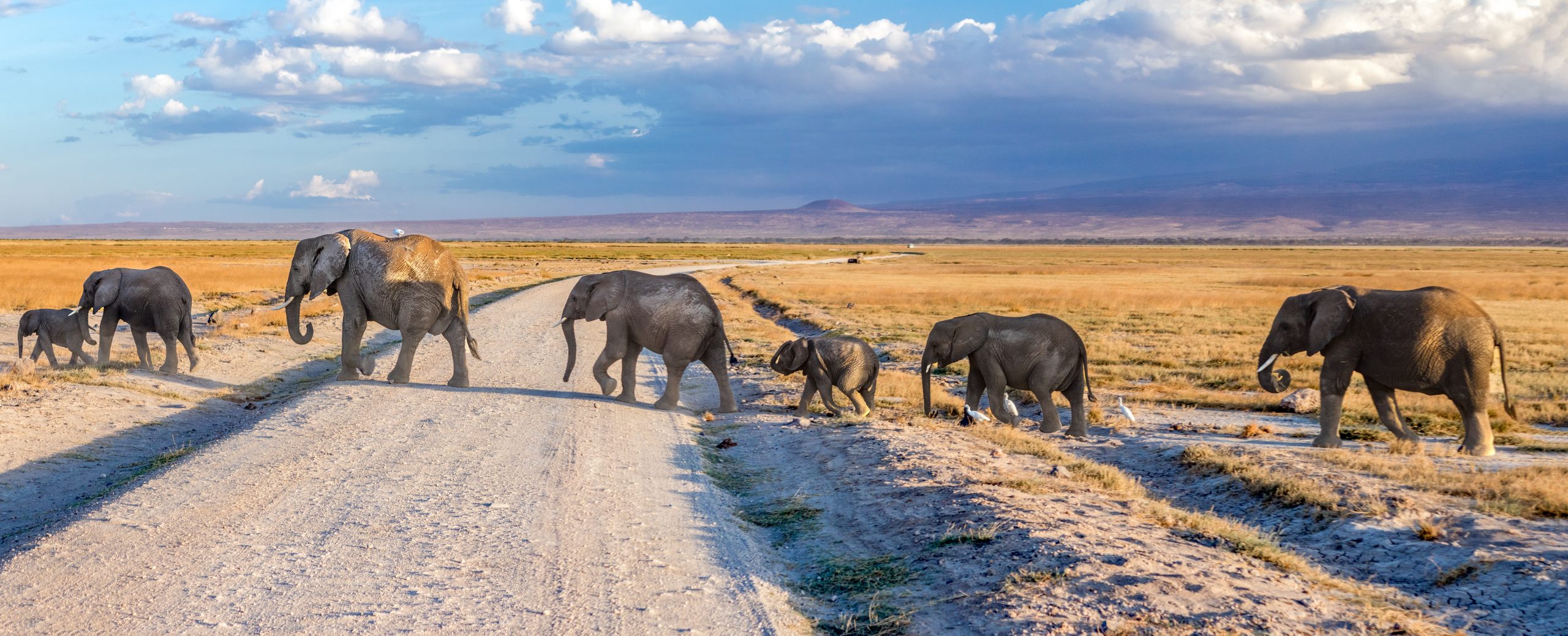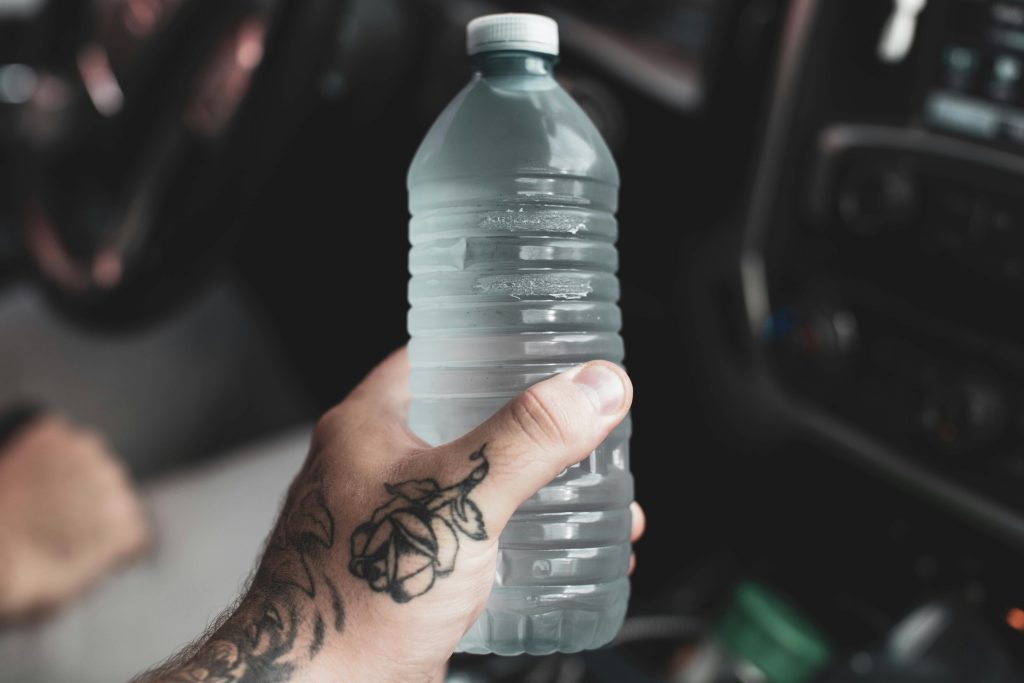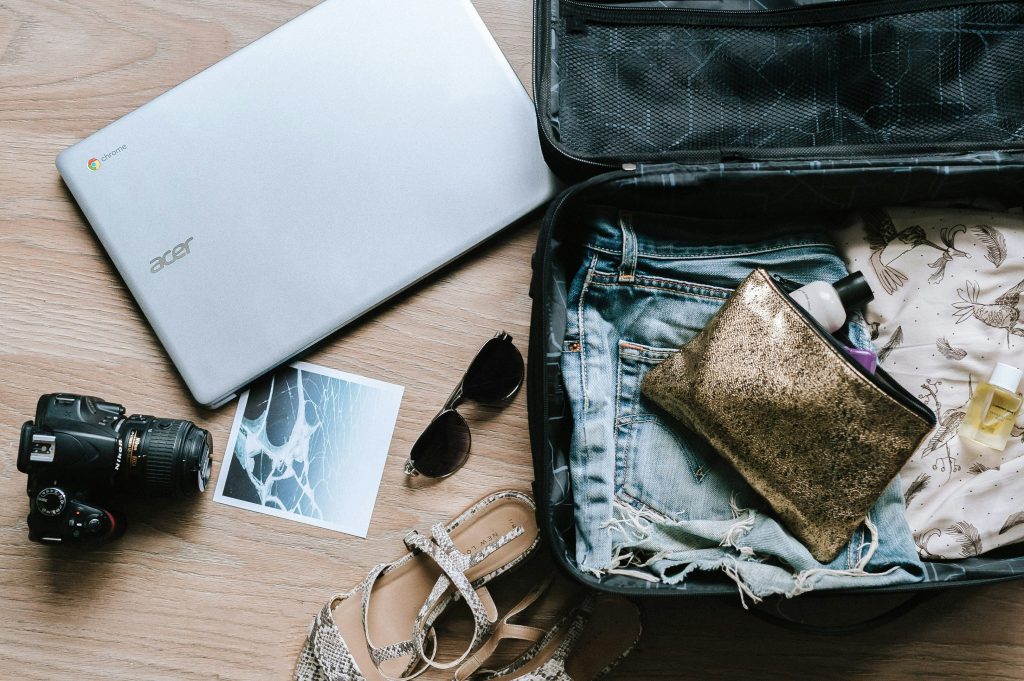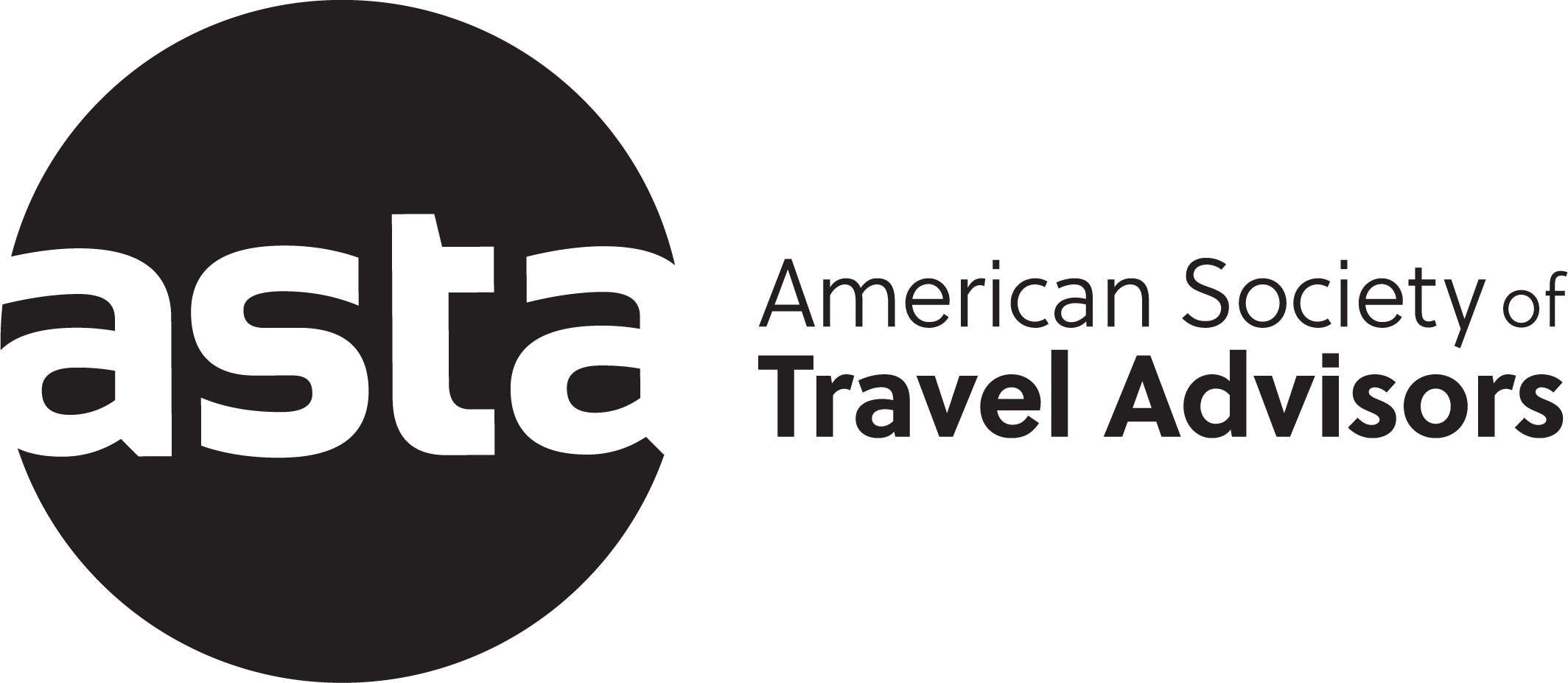5 Essential things to know if you’re planning a trip to Kenya
Binny Shah-Patel
9 February 2024

Think of Kenya and your mind instantly fills with exquisite scenes of safari jeeps and beautiful beaches lapped by the Indian Ocean.
If you are planning a trip to this East African gem, here is everything you need to know to make the most of a trip from clothing, useful phrases to visas.
1) The New ETA system
The Kenya eTA (Electronic Travel Authorization) has replaced the Kenya eVisa and is a semi-automated system that establishes a visitor’s eligibility to travel to Kenya. All visitors visiting the country must have an eTA before beginning their journey.
The Government of Kenya mandates that eTA applications be submitted at least three days before travel to ensure enough time for authorization.
To be on the safe side (things happen), we advise travellers to submit their applications three months before travel or as soon as they’ve booked their transport and accommodation tickets.
Here is the key information required for an eTA application:
- Valid Passport
- A recent passport picture OR a selfie taken during the application process
- Contact details (home address, telephone, email).
- Travel information and flight itinerary (arrival flight number, date of departure of initial flight in case of connecting flights).
- Proof of booking for the hotel you will be staying at (if staying with friends, a letter of invitation is accepted).
- Yellow fever vaccination certificate if coming from endemic countries (please check the WHO website for the updated list of countries).
- Credit or debit card information for payment, if applicable
Please note that at present, eTAs are non-transferable and require reapplication for each visit.
2) Single Use Plastic in the country

Please note that plastic bags are banned in Kenya so you should avoid bringing plastic bags into the country. Being in possession of a plastic bag is an offence and offenders could be penalised.
Visitors are advised to avoid packing any plastic bags in their suitcases or in carry-on hand luggage before flying to Kenya. Items purchased at the airport before boarding the aircraft should also be removed from plastic bags.
Travellers coming into Kenya with plastic duty-free shop bags will also be required to leave them at the airport. Please check hand luggage before disembarking and any plastic bags (including the transparent ziplock plastic bags that some airlines require passengers to use for keeping liquids, cosmetics, toiletries etc) should be left in the plane. This does not apply to people in transit.
All single use plastics, such as plastic water bottles and straws, are banned in all National Parks, forests, beaches and conservation areas.
3) What to pack and wear

To take the stress out of packing, our Somak Safari specialists have shared their essentials to pack for an African safari, having explored Africa extensively, and these are as follows:
- A Sarong, which can double up as a scarf
- Sunglasses
- Antibacterial gel
- A hat
- T-shirts and cotton shirts
- Shorts/skirts
- Long trousers/linen trousers
- Good comfortable walking shoes
- Sandals
- A swimming costume – there are amazing pools at some hotels and lodges
- Light waterproof jacket for the evening
- Camera and video equipment, memory cards, and spare batteries. If you have a GoPro or similar action camera, these would be a great tool
- Binoculars
- Malaria tablets
- Sun block lotion
- Insect repellent
- Basic medical kit (aspirins, plasters, Imodium, antiseptic cream, anti-histamine cream, etc.)
- Tissues and wet wipes
- A good torch and spare batteries
Please note that the standard voltage in Kenya is 240 volts with a standard frequency of 50Hz and the associated plug type is G so if you are travelling from the UK you won’t need a travel adaptor plug.
4) Malaria – Basic info that every traveller should know – dos and don’ts etc
Malaria precautions are essential when planning your trip.
Avoid mosquito bites by covering up with clothing such as long sleeves and long trousers, especially after sunset, using insect repellents on exposed skin, and, when necessary, sleeping under a mosquito net.
Check with your doctor or nurse about suitable antimalarial tablets.
5) Some phrases that might be helpful to know
Kenya is a multilingual country, with English and Swahili being the official languages. Many locals speak both languages fluently. Learning a few Swahili words will look good and impress the Kenyan people. Your effort, regardless of whether you are pronouncing it the right way, will be received with a big smile.
Here are some words to get you started:
- Hujambo or simply Jambo = means Hello
- Habari = Hello, how are you? (a common way of greeting)
- Poa sana or mzuri sana = I’m good/fine
- Hakuna Matata = It’s alright / no problem
- Asante (sana) = thank you (very much)
- Karibu = welcome
- Hatari = danger
- Pole = sorry
- Hapana = no
- Ndio = yes
Contact
Somak House
Harrovian Business Village
Bessborough Road
Harrow On the Hill
HA1 3EX
Tel: +44 20 8423 3000
Fax: +44 20 8423 7700
Email: info@somak.com
Opening times
| Mon - Fri | : | 9am to 6pm |
| Sat - Sun | : | Closed |
Good Friday
| Fri, 18-Apr | : | Closed |
Easter Bank Holiday
| Mon, 21-Apr | : | Closed |






